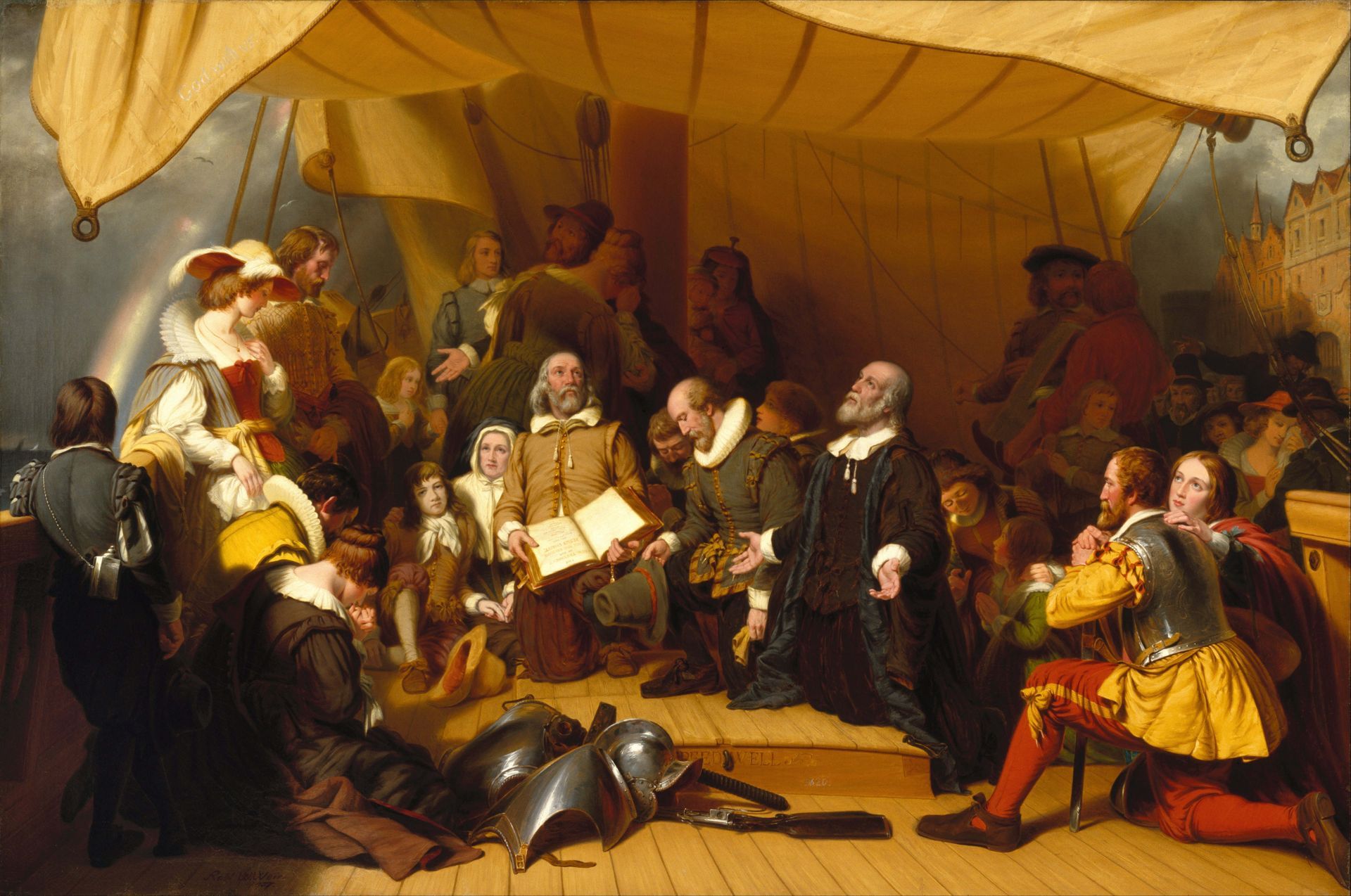Brick vs Stone
Genesis 9:1-17 records what is commonly referred to as the Rainbow Covenant. The Lord promises to never again flood the entire planet. He also commands at the very beginning, “Be fruitful and multiply, and fill the earth” (v. 1). This command to the families of the ark is the same command given to Adam and Eve when He said to them upon their creation, “Be fruitful and multiply, and fill the earth” (Gen. 1:28).
The Lord has revealed His purpose and plan for humanity. However, there have always been those who have scorned and rebelled against the Lord. Noah’s great-grandson became the greatest leader of rebellion in his day.
Nimrod is described in Genesis 10:8-11. The Targum (Aramaic version/paraphrase of the Old Testament, c. 1st century B.C.) records this passage as saying, “He was mighty in hunting and in sin before the Lord; for he was a hunter of the sons of men in their languages. And he said to them, ‘Leave the judgements of Shem, and adhere to the judgements of Nimrod.’ On this account it is said, ‘As Nimrod the mighty, mighty in hunting and in sin before the Lord” ( Targum Pseudo-Jonathan , J.W. Etheridge, first published 1862, targum.info).
I imagine him as a very charismatic and persuasive leader, for Genesis 11:1 says, “Now the whole earth used the same language and the same words.” Using the “same words” means they were saying the same thing – they were in agreement.
Nimrod led the people to the plains of Shinar where he gave them a new purpose, “Come, let us make bricks and burn them thoroughly… Come, let us build for ourselves a city, and a tower… let us make for ourselves a name, otherwise we will be scattered abroad” (Gen. 11:3-4).
Nimrod openly manifested the working and spirit of enmity. He was a global insurrectionist, forming a confederacy against the Lord. He developed a false religion in his insatiable pursuit of narcissistic ambitions.
When studying these passages, an interesting dichotomy arises between Nimrod’s means of worship and God’s means. In Nimrod’s self-adulation, they made bricks. Contrast this with proper Old Testament sacrifices unto God.
“23 You shall not make other gods besides Me; gods of silver or gods of gold… 25 If you make an altar of stone for Me, you shall not build it of cut stones, for if you wield your tool on it, you will profane it.” (Exodus 20:23, 25)
In the clash of brick vs stone, profane worship is worship by one’s own means, achievements, and “creations.” Pure worship is of the one, true Creator by His means and His commands.
In Genesis 11, those who rejected the Creator constructed their building, for which they needed mortar to hold it together (v. 3). Those who accept the Creator’s free gift of salvation by His means and His commands have His Spirit wash them clean by the blood of Christ as He comes to inhabit temples not made by hands, but ones made in His image (Acts 17:24; I Cor. 6:11, 19-20; 12:13).
“17 He is before all things, and in Him all things hold together. 18 He is also head of the body, the Church; and He is the beginning, the firstborn from the dead, so that He Himself will come to have first place in everything.” (Col. 1:17-18)
Is your life built upon the self-carved blocks of vanity or upon the venerated solid Rock of Ages?



